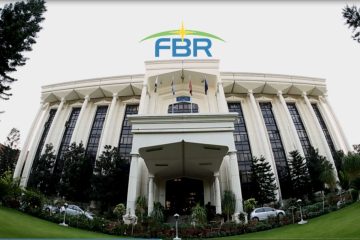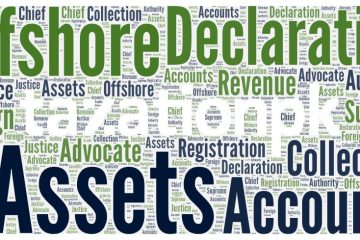Pakistan’s tax collection efforts have hit a roadblock with a disagreement between the Federal Board of Revenue (FBR) and the Pakistan Telecommunication Authority (PTA). The FBR aims to deactivate mobile phone SIM cards belonging to over half a million people who haven’t filed their income taxes. However, the PTA is pushing back, citing legal and practical concerns.
FBR’s Stance:
- The FBR seeks to enforce tax compliance by blocking SIMs of non-filers (individuals not registered as active taxpayers but required to file returns).
- This move targets 506,671 individuals identified for not filing 2023 tax returns.
- The government, including the Finance Minister and Army Chief, supports this action to broaden the tax net.
PTA’s Counterarguments:
- The PTA argues that blocking SIMs is not legally mandated and contradicts existing regulations.
- The Income Tax Ordinance does not grant them the authority to enforce such actions.
- Disabling a large number of SIMs could disrupt digitalization, the telecom economy, and even foreign investment in the sector.
- Negative impacts could include hindering online banking, e-commerce, and mobile account usage.
- Concerns exist about potential harm to individuals, particularly women and children whose SIM cards might be registered under male family members (as only 27% of SIMs are registered under women in Pakistan).
The Impasse:
- The government has threatened legal action against any entity obstructing the deactivation process.
- The PTA proposes alternative solutions, including verifying SIM ownership before blocking and exploring other legal options to encourage tax compliance.
- No restrictions exist on non-filers purchasing new SIM cards, potentially lessening the impact of blocking existing ones.
Uncertainties and Potential Solutions:
This clash raises questions about the effectiveness of the proposed measure and the need for a balanced approach. Finding a middle ground between broadening the tax base and minimizing disruption to the digital ecosystem is crucial. The FBR and PTA need to work together to explore alternative solutions, such as:
- Tiered penalties: Implement progressive measures, like temporary suspensions or limited functionality, before complete SIM deactivation.
- Enhanced outreach: FBR can launch public awareness campaigns to educate citizens about tax filing importance and offer incentives for compliance.
- Improved communication: Collaboration between FBR and PTA can ensure a smooth implementation process that addresses legal and practical concerns.
Pakistan’s tax collection drive faces a critical juncture. Resolving the FBR-PTA disagreement through dialogue and exploring alternative solutions is essential to ensure both increased tax compliance and a healthy digital environment.







